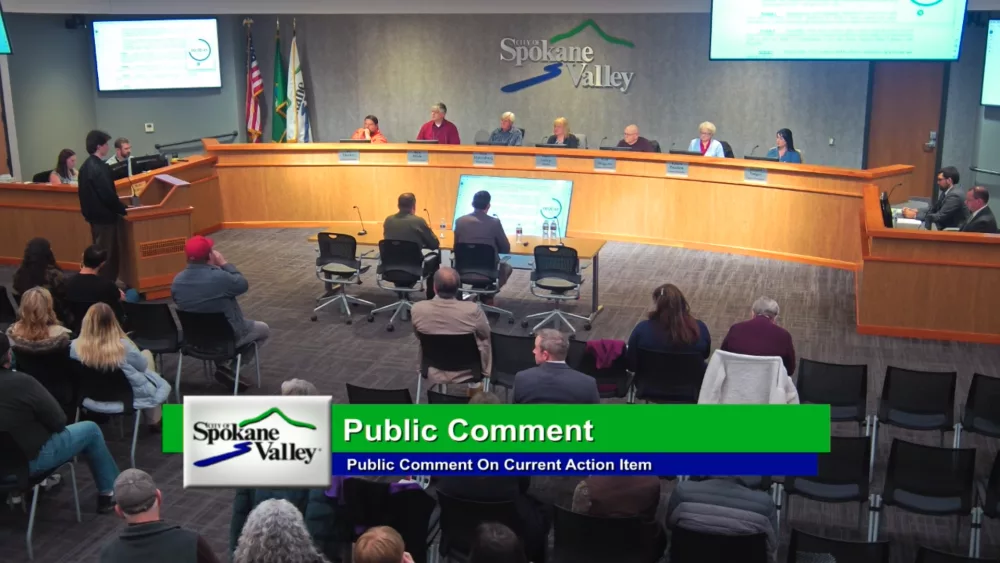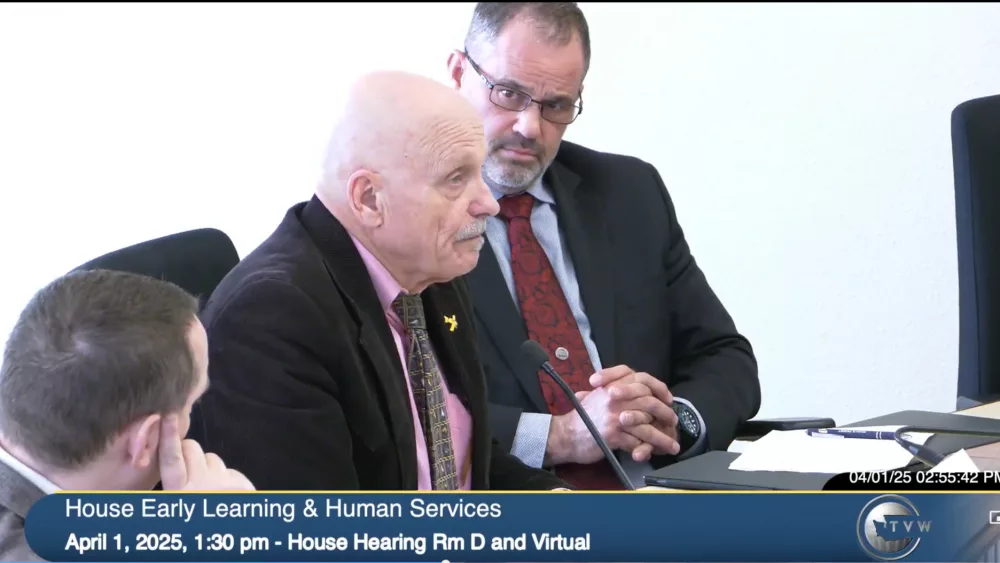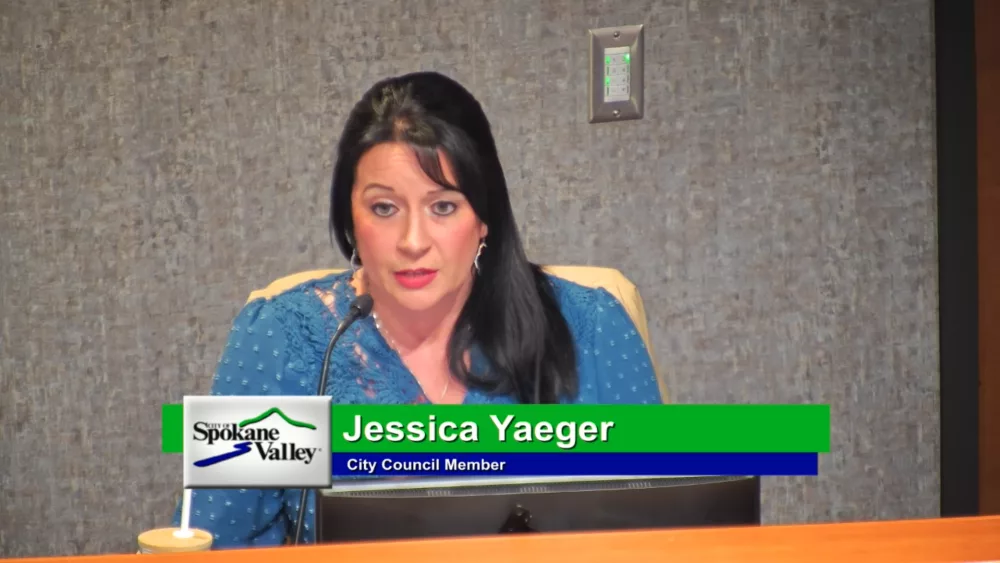(The Center Square) – Spokane Valley City Council members are considering adding up to 30 police officers and support staff in the next three years at an estimated cost of $6.2 million, beginning with the recruitment of up to a dozen officers this year.
On Tuesday, council members heard a presentation from police chief Dave Ellis, deputy city manager Erik Lamb, and senior administrative analyst Morgan Koudelka, who summarized findings from Matrix Consulting Group Ltd, hired by the city in 2022 to study police department staffing needs based on calls for service and responses, caseloads for investigative units, and operational delivery.
Since 2011, police service calls have increased by 63%, including a 17% increase between 2017-2022. Even with operational adjustments, response times by officers are increasingly slower and there is now less time for officers to conduct “proactive policing,” a staff report says.
Spokane Valley contracts with the Spokane County Sheriff’s Office for law enforcement services. Under the current agreement, the city has 91 “dedicated” officers while another 37 officers are shared between the city and the county. The city has six patrol districts and at least one officer is expected to be on duty in each district at all times.
During their presentation, Ellis and Lamb said proposed staffing needs call for recruiting nine to 12 officers/deputies this year assigned primarily to patrol duties, but also for traffic and homeless assistance. A civilian analyst position is also proposed.
In 2025, options could include adding another deputy, one sergeant and one investigator, and four detectives focused on patrol, traffic, and criminal investigations, plus another civilian analyst.
The emphasis would be finding repeat offenders, said Ellis. “We want to do all we can to get them off the street.”
The department’s needs would be re-evaluated in 2026, with the possibility of adding two more detectives and a sergeant for investigations, three officers and a sergeant with school resource responsibilities, two detectives shared with the county for sex and major crimes investigations, and one civilian staff position.
This year, the city has budgeted $29.6 million for law enforcement services, paid by a variety of tax revenues including property, sales, criminal justice, gambling, and cannabis excise taxes, along with grants, fines and forfeitures. However, those revenues don’t cover costs for new officers, related vehicle and equipment purchases, and the possible need for additional work space.
Even if the new positions are authorized and funded, Ellis and Lamb said it will take time to recruit and train additional officers: up to a year for new hires and three to four months for more-experienced “lateral hires” from other agencies.
To get addition revenue, the city could seek voter approval to lift its property tax rate from the current 79 cents per $1,000 of assessed valuation. The state-allowed maximum rate is $1.60 per $1,000, which would generate an additional $14.3 million. To achieve the $6 million estimated for more police, the levy rate would go up about 34 cents to $1.13 per $1,000.
Another voter-approved option would be increasing the local sales tax by 0.1% – a penny on every $10 purchase – that could generate upward of $2 million annually.
If pursued this year, state-allowed election dates are April 23, the Aug. 6 primary, and the Nov. 5 general election. To provide adequate time for community input and avoid a busy general election ballot, the Aug. 6 primary would be the most likely date.
Two funding options that would not require voter approval would be the use of traffic cameras to collect fines from traffic light and school zone speeding violations, or increasing excise taxes up to 6% on utilities such as electricity, gas, telephone, solid waste, water, cable television, and sewer/stormwater.
City Manager John Hohman said 60% of the city’s annual budget is spent on public safety and it’s the topic of concern most frequently heard from citizens.
Hohman and Lamb suggested the council’s three-member public safety committee initially study the variables, or scheduling a council workshop.
New councilman Al Merkle pushed for faster action, saying the need for more police officers was pressing. He asked if other city operations could be cut – he mentioned the parks department – to “bring it to fruition.”
Committees, said Merkle, “take up a lot of time.”
Lamb said the parks department budget this year is about $4.4 million and if the entire department was eliminated, that money would be short of the $6.2 million sought for police.
Councimember Ben Wick suggested figuring out the funding needed to bring 10 to 12 officers on board “to get this started.”
Lamb believed the city could schedule a series of community information sessions within a month.





